2017 Renault Kwid long term review, final report
The Kwid leaves our fleet after serving us well for 18 months.
Published on Aug 29, 2018 09:00:00 AM
45,264 Views
Follow us on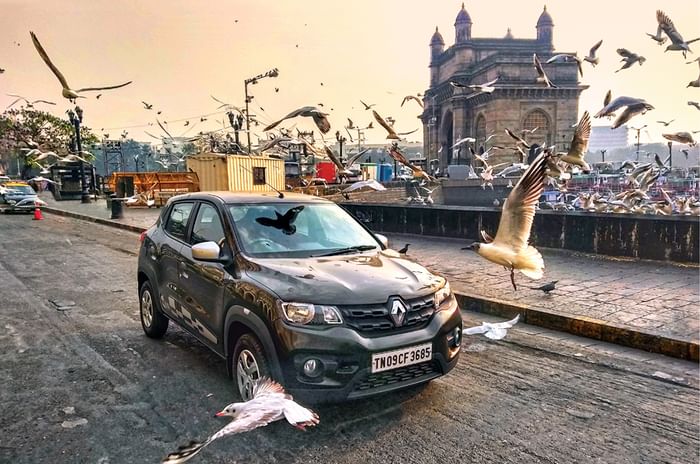
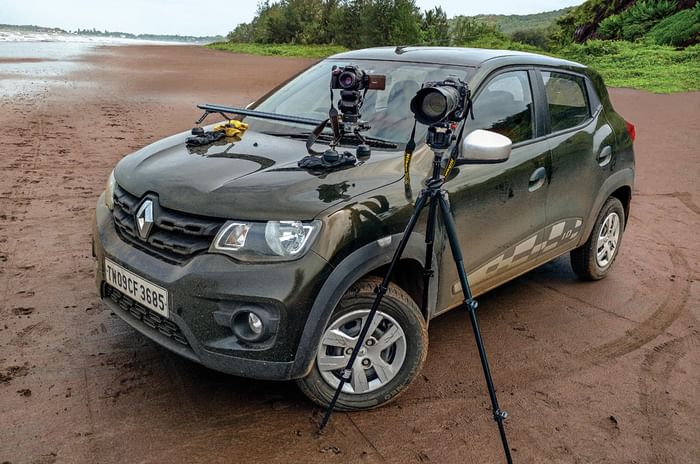
The Kwid accompanied our chief photographer Ashley on many outstation shoots.
This Outback Bronze Renault Kwid has been the smallest long-termer in the Autocar India fleet for almost 18 months, and my experience with it has been a mix of highs and lows.
Mind you, I’m no stranger to the Kwid as I spent quite a bit of time with the 800cc version that was also part of our fleet. Additionally, Autocar India drove all the way from Delhi to Paris – a challenging 17,000km – in the upgraded Kwid 1.0 and that impressed me greatly.
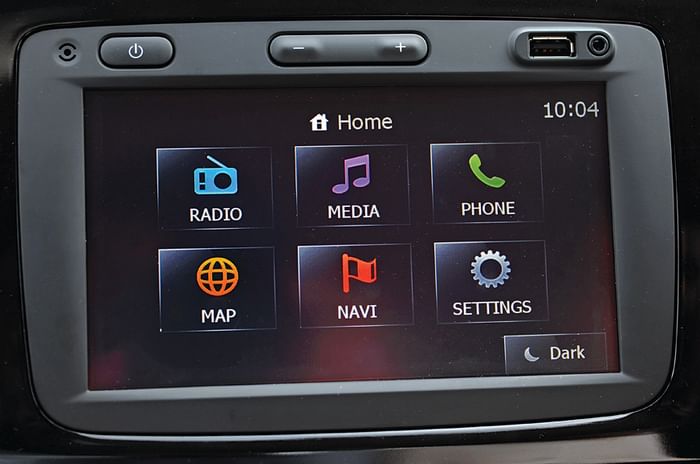
My daily commute to work is a 12km drive, one-way, and it’s littered with traffic lights and Mumbai’s infamous potholes. The Kwid 1.0 weighs just about 700kg, and this coupled with the more powerful 68hp motor did help make things a little peppier. Also, the car is quicker than its 800cc counterpart, which meant I could enjoy small bursts of speed between traffic lights, especially while driving on the four-lane Kidwai road in Wadala. The 1.0-litre engine is not as peppy as, say, Maruti’s K10 motor, but it does the job decently. Press the accelerator a bit harder while trying to make a move swiftly once the light turns green, and you do get an occasional wheel-spin, but this did add a bit of fun to my otherwise uneventful commute. All this sounds exciting to some extent and the Kwid is a good vehicle to drive in city traffic. Also, the Kwid 1.0’s clutch stayed light throughout its time with us.
| Renault Kwid Price, Mileage, Specifications, Features and Variants | |
|---|---|
| Brand | Renault |
| Model Name | Kwid |
| Renault Kwid Price | ₹ 5.25 - 7.20 lakh |
| Renault Kwid Range/Mileage | Petrol : 21.7 - 22.5kpl |
| Renault Kwid Specifications | Hatchback | 5 doors | 5 seats View All Specs |
| Renault Kwid Features | Halogen headlight | 8-inch Touchscreen display | 2 airbags View All Features |
| Renault Kwid Variants | RxE 1.0 | RxL 1.0 | RxT 1.0 View All Variants |
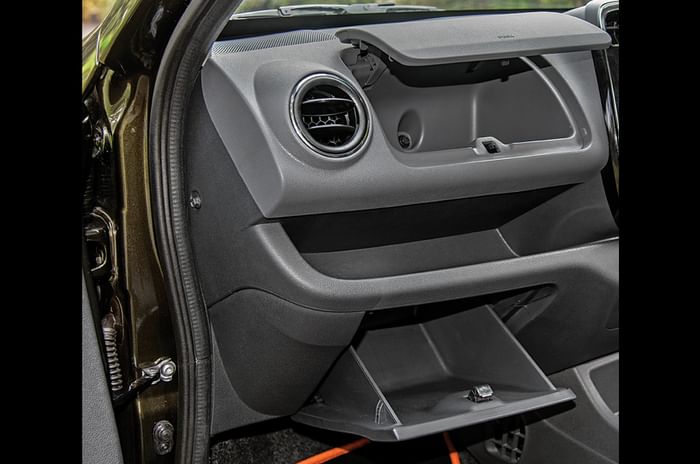
What I really liked about the Kwid was that its headlamps had a good throw, which was useful on dimly lit roads. The slightly high placement of the fog lamps also did a great job in lighting up corners. Also worth a mention is the massive 300-litre boot which was of great help during multiple airport runs. And given the car’s overall small footprint, its luggage-holding capacity did surprise many in my family.
Our chief photographer Ashley also used the Kwid for a short while and he loved the engine. He felt it did a great job of puttering about in lower gears, especially in first; he found that the engine didn’t stall – even when he took off his foot from the accelerator at 5kph.
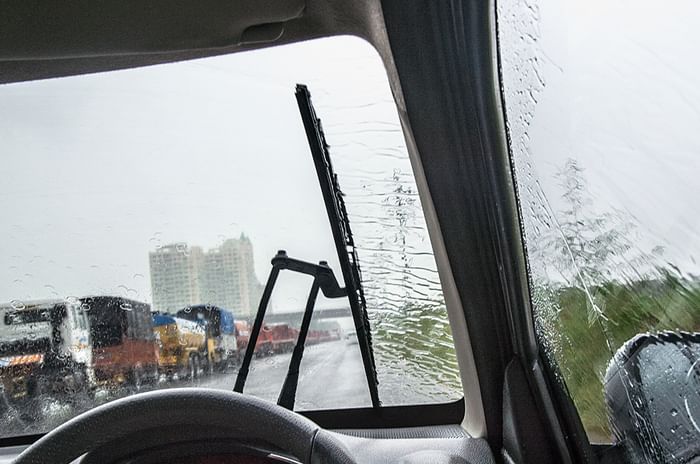
We covered close to 17,000km in the Kwid, and it’s good that in all this time, the car’s ride quality remained unchanged. The suspension absorbed almost everything that was thrown at it and at any speed. At times, it did send in a thump or two, but that was only when the potholes were larger than what its puny 13-inch wheels could handle. Even on the slightly bad patches, I could drive easily without any of the bumps filtering through as the Kwid’s suspension took it all in its stride. The Kwid’s brakes did a decent job throughout, with some fade experienced only in the last 500km.
As far as fuel economy goes, we did notice it actually getting better as the car clocked more kilometres. Ashley managed to squeeze out over 15kpl in the city and around 22.7kpl on the highways during his long-distance commutes, while I was only able to get a high of 12.7kpl in the city, thanks to frequent stops and Mumbai’s slow-moving traffic.
The Kwid’s USP has been its touchscreen infotainment system with Bluetooth; this is still not offered by any rivals in its class. The Bluetooth worked flawlessly and the USB interface was smooth as well. However, the sound quality from the speakers is a bit low and a speaker upgrade is highly recommended. My biggest grouse is that the Kwid comes with a single wiper at the front; this leaves about five inches of the windscreen unwiped, and with the slightly thick A-pillar, visibility is affected. And the lack of a wiper at the back further hampers visibility.
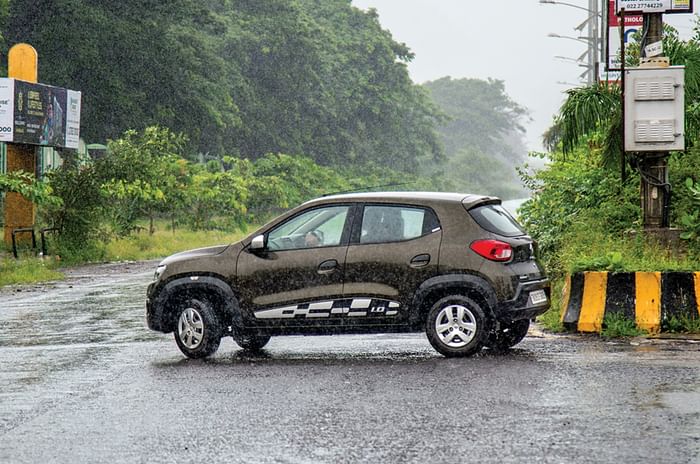
Another unnerving issue I faced was that the accelerator pedal failed to revert to its original position quite a few times. The vehicle was sent to the service centre after a warning light showed up indicating a faulty accelerator sensor, and this was fixed by replacing the accelerator pedal and the sensor. Upon further investigation, we found this was a problem seen on many Kwids, which Renault has been addressing on a case-by-case basis. Also, the car used to stall at times without any warning and at any speed, resulting in some highly stressful situations. The other niggles that cropped up included a cabin light that didn’t work via the switch (it only lit up when the door was opened) and some rattling from the driver-side window.
The Renault Kwid has been a part of my life ever since the 800cc model joined our fleet, and now after using the more powerful 1.0-litre car for over a year, its good bits – the great ride quality, the practicality it offers and the spacious boot – take precedence over the few issues I faced. All in all, the Kwid 1.0 is a decent option to consider if you’re looking for a city car.
Also see:
2017 Renault Kwid 1.0 long term review, first report
2017 Renault Kwid long term review, second report
2017 Renault Kwid long term review, third report
| Fact File | Petrol |
|---|---|
| Distance covered | 16,950km |
| Price when new | Rs 4.11 lakh (ex-showroom, Delhi) |
| Test economy | 16.9kpl (overall) |
| Faults | Accelerator sensor, unexpected stalling |
| Previous Report | April, October 2017, and March 2018 |
Copyright (c) Autocar India. All rights reserved.


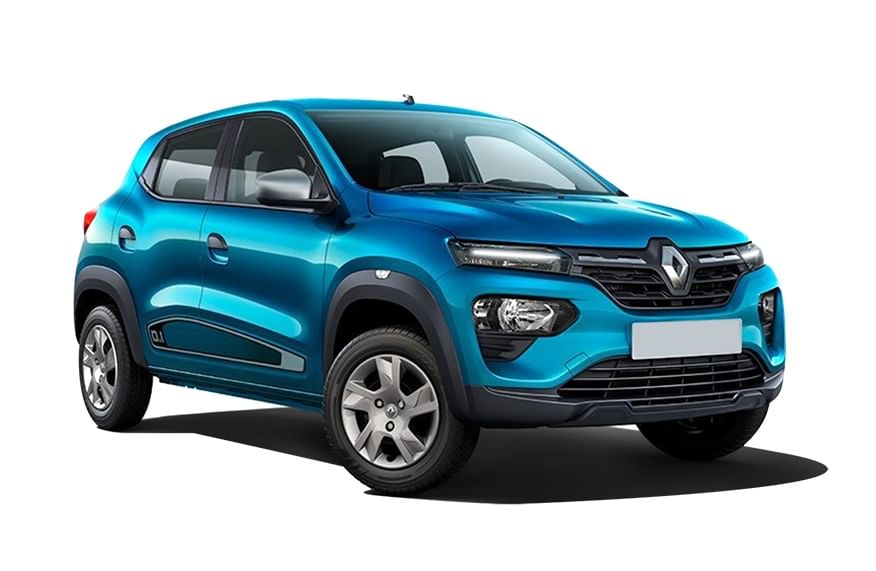



Comments
Member Login
Personal Details
TECH CHAHAL News - 1046 days ago
Too much low quality engine is plastic Material Chamber is also in plastic ...When I'm going to Zirakpur city near Chandigarh then I m drive the car carefully But road stopper is 3 continually one by one in One lain n cross jumps here First stopper Nthird stopper breaking dawn the chamber n car is seized